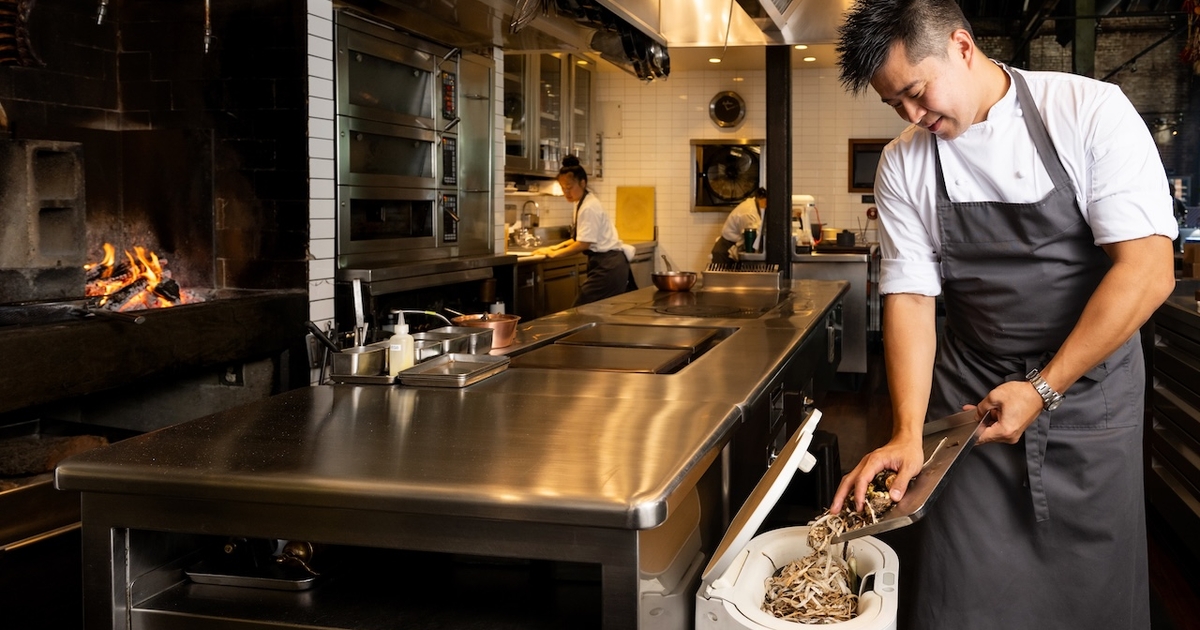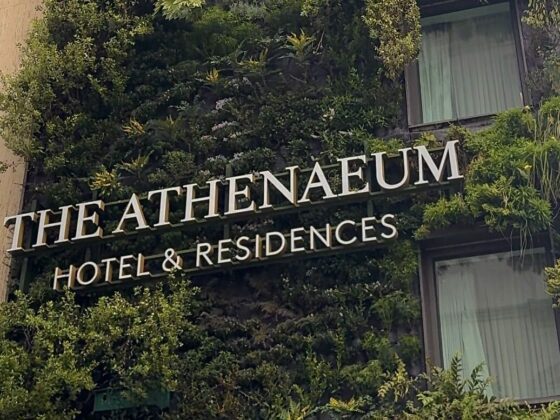
Zero-waste restaurants represent a sustainability challenge in the restaurant industry. Despite efforts to reduce, reuse, recycle, and compost, eliminating all waste would be impossible for most operators.
San Francisco’s two-Michelin-starred Saison approached this challenge by creating a focused menu of zero-waste items. The restaurant collaborates with Mill, a food recycler that converts kitchen scraps into nutrient-rich grounds. These grounds are then used by culinary gardener Tucker Taylor in the Kendall-Jackson winery gardens in Santa Rosa, Calif., completing a circular system as Saison then sources ingredients from these same gardens.
“We are all very aware here at Saison of how much can go into a landfill, even just at this small restaurant, so this has been a great way to help ease our conscience a bit,” chef Richard Lee said. “The hope is to eventually inspire larger restaurants and maybe even hotels to incorporate something similar into their waste logistics.”
The menu, which launched earlier this year, features items like the signature welcome tea service, in which chef Lee serves guests tea made from “a mix of eight herbs, mints, balms, and flowers” grown on Saison’s grounds. Once guests are finished, the used grounds are then placed in the on-premises Mill bin and used as grounds to help grow ingredients again in a repeating loop. The restaurant also uses ingredients grown from this closed-loop process in its opening canape course, which features atypical ingredients grown on the Kendall-Jackson property like ice plant, (a succulent used as a garnish), white alyssum (an edible flower), and finger lime (citrus fruit native to Australia, used on the Oishii Oyster), micro cilantro, and sunchokes.
Currently, Saison has four Mill bins in the restaurant, which hold about 20% of the restaurant’s compost. Lee said thus far, the initiative has resulted in “5,919 pounds of food scraps diverted — equivalent to 309 12-gallon bags, with a cumulative 6,274 kg-CO2e emissions avoided.”
Besides working with Mill and Kendall-Jackson, chef Lee and his team strive to achieve a sustainable culture at the restaurant by working with local farmers and reducing waste in other ways, like using fermentation and preservations processes to use every part of an ingredient that they can before it ends up in landfills. The restaurant also uses its platform to encourage diversity of food production and consumption.
“In our menu design, we try to inspire people to eat in a more diverse way, meaning trying to focus on ingredients that may not be as popular as well as featuring less utilized parts of an animal like the offals and other off cuts,” Lee said. “A lot of greenhouse gasses are created by mass produced animal farming. If we can relieve a little of that dependency on the big beef and pork industry, we can help a lot.”
Contact Joanna at [email protected]








